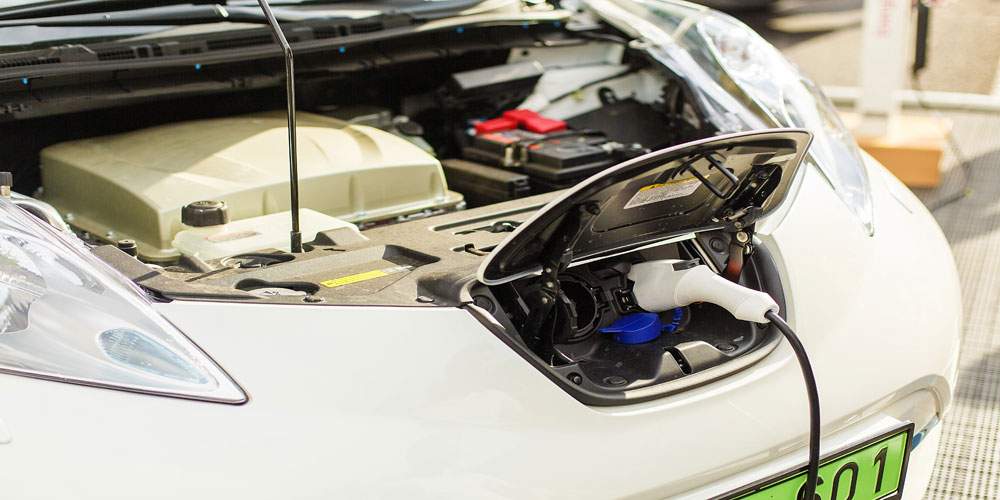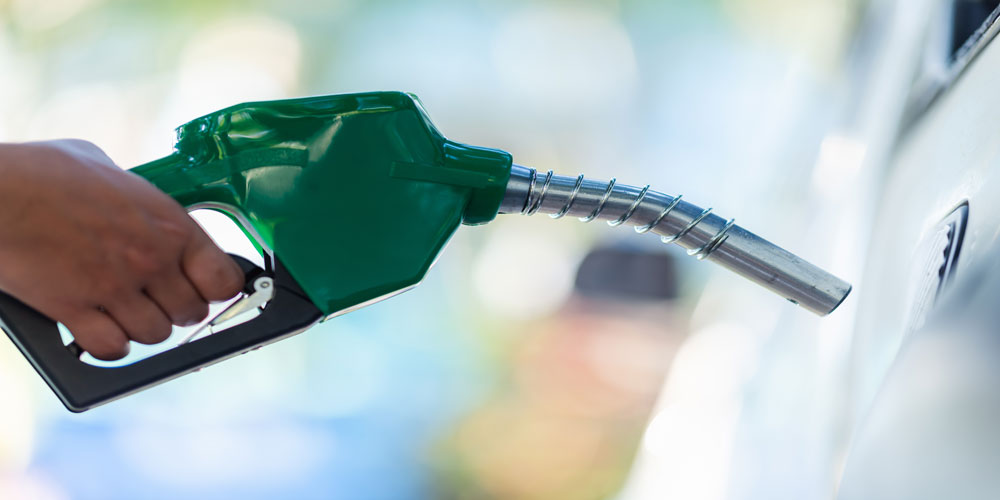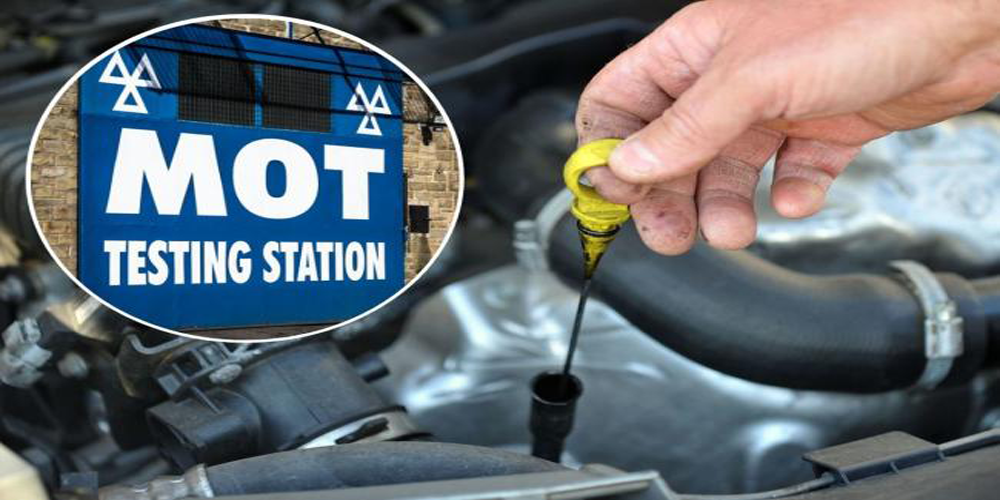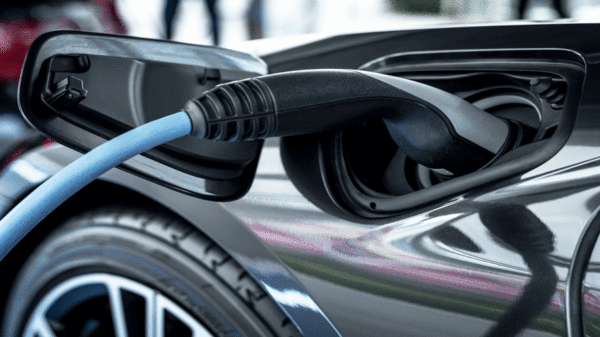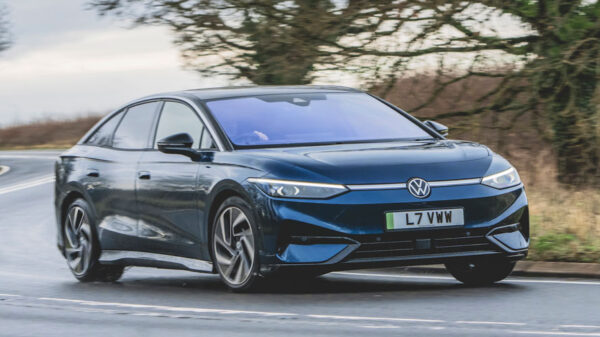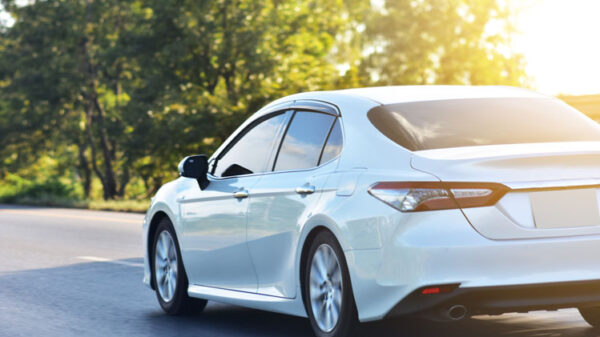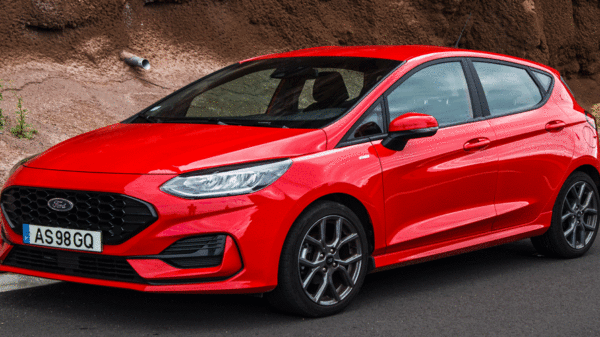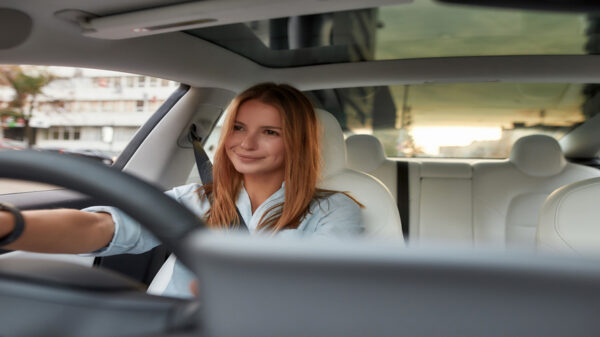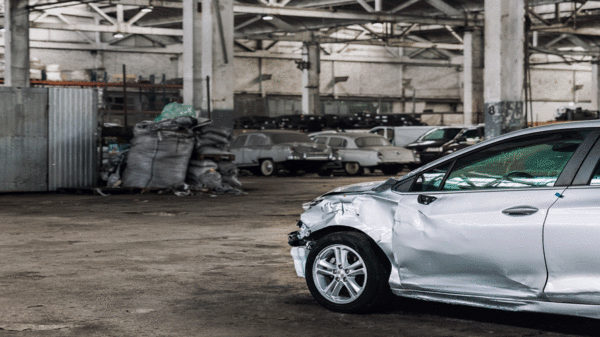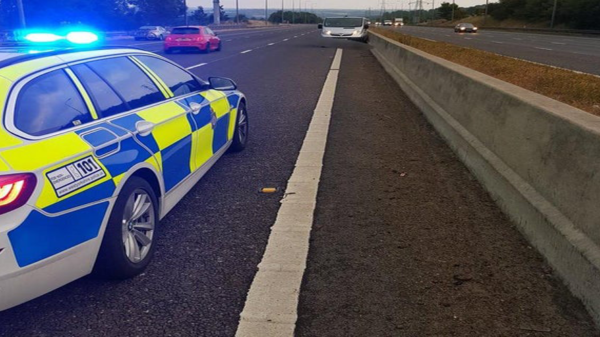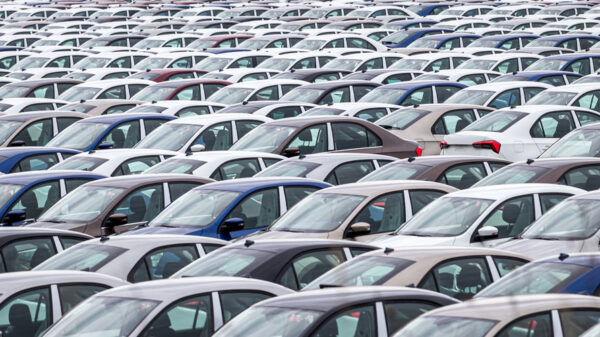Government to Ban New Petrol & Diesel Cars & Vans.
UK Government to bring forward the ban on new petrol and diesel cars and vans. Prime Minister Boris Johnson has announced intentions to bring forward the ban on the sale of petrol and diesel cars and vans from 2035 to 2030.
It comes as part of a new 10 point plan, revealed by the PM in a piece in the Financial Times following earlier reports, which aims to make the UK the world’s number one green economy and reach net zero emissions by 2050.
The ending of sales of petrol and diesel cars was originally expected in 2040, but was brought forward to 2035 earlier this year. However, now the government plans to stop all purely combustion-powered new cars and vans from being sold in 2030.
Despite the decision, hybrid models would still be allowed to be sold until 2035, at which point new cars and vans would need to be completely electric. Full details on the hybrids that can be sold have yet to be confirmed, though the PM said that these models would have to be able to drive a “significant distance with no carbon coming out of the tailpipe”. That means it will likely just be plug-in hybrids that will be allowed to be sold.
As part of the announcement, further funding for electric vehicles and infrastructure has been confirmed. The PM said that £2.8bn would be spent on battery-powered cars and vans and infrastructure, “lacing the land with charging points and creating long-lasting batteries in UK gigafactories”.
The news has not been welcomed by all, though, with Nicholas Lyes, head of road policy at the RAC saying that the UK has an “enormous task on their hands”.
He said: “With the Government formally bringing forward the date for banning the sale of new petrol and diesel cars to 2030, the car industry and those responsible for charging infrastructure now have an enormous task on their hands.
“But for the time being the biggest barrier to going electric remains the comparatively high upfront vehicle cost, so we hope the Government’s announcement will pave the way to lower list prices, thereby accelerating take-up. This in turn will help lead to EVs being more readily available on the second-hand market which is where the majority of people choose to buy their vehicles.”


